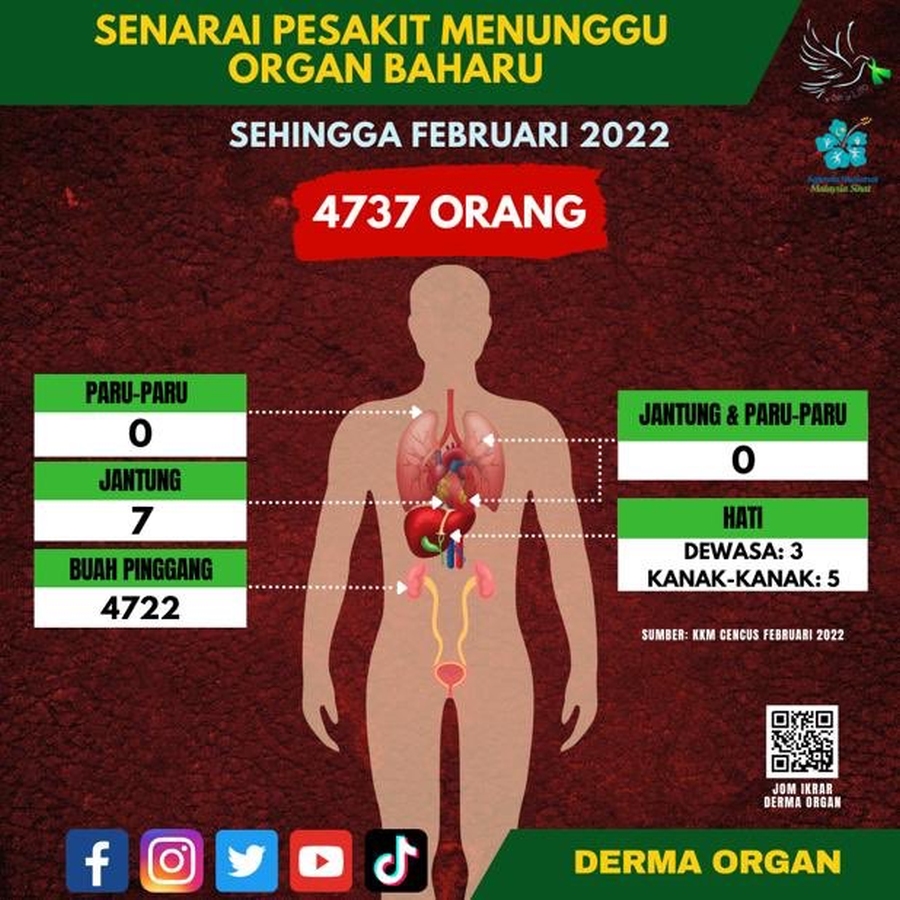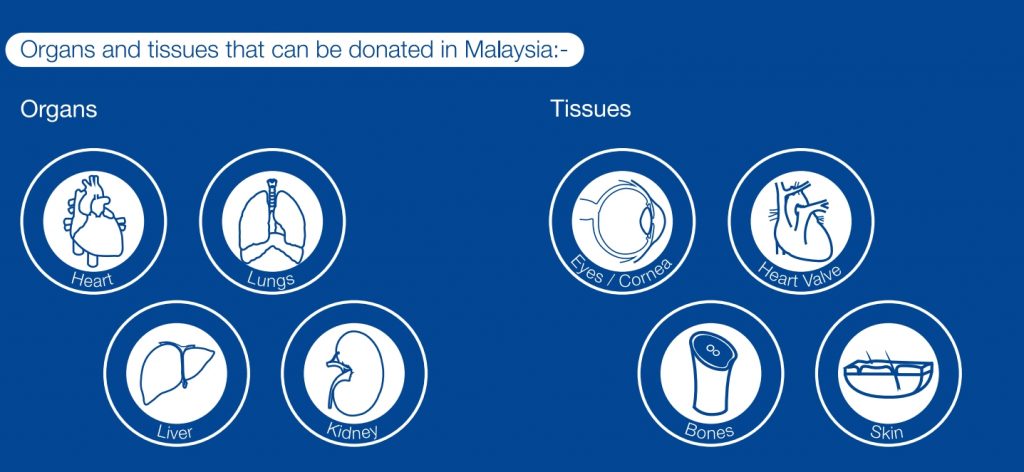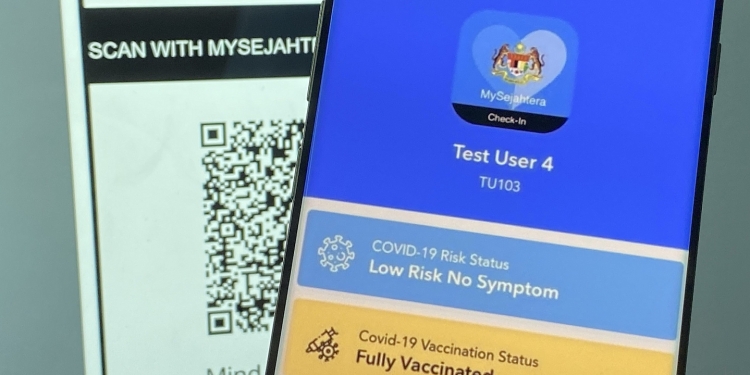Health Minister Khairy Jamaluddin has revealed recently that the MySejahtera app will soon allow Malaysians to register themselves as organ donors. He shared that Malaysia has one of the lowest organ donation rates in the world and his Ministry wants to make it easier for people to register as donors.
During the 16th Annual Dialysis Conference 2022 event held last weekend, he said the incidence and prevalence of End-Stage Kidney Disease (ESKD) in Malaysia have increased sharply. According to the Malaysian Dialysis and Transplant Registry, there are 7,967 new patients receiving dialysis in 2015 and this has risen to 39,711 patients at the end of 2016. If left unchecked, the number could reach 106,000 patients in 2040.
How to register as an organ donor in Malaysia?

If you don’t want to wait for MySejahtera’s organ donation registration feature, you can already pledge to donate today. All you’ll need to do is to pledge online by filling up a form from the National Transplant Resource Centre. After registering, you’ll receive an organ donor pledge card in your mailbox. You are also urged to inform your next of kin and loved ones of your wish to donate your organs.
According to the official website, less than 500,000 people have pledged to donate their organs and a total of 2,368 organs and tissues have been donated as of January 2022. Donating your organs is a noble thing to do and it provides a chance for others to continue living.

Until February 2022, a total of 4,737 individuals in Malaysia are waiting for organ transplants. 4,722 require kidneys, followed by 8 requiring livers and 7 for hearts. In Malaysia, individuals can donate their heart, lungs, liver, kidney, eyes, heart valve, bones and skin.

According to the FAQ, organ and tissue donation does not result in body disfigurement and every measure is taken to ensure that the donor is treated with respect. It added that burials with open casket funerals are still possible after organ donation. Organs will only be donated after consent for donation is given by the next-of-kin, if the organs are functioning well and suitable for transplant after death.
If a person has been confirmed brain death, all types of organs and tissues can be donated. If a donor dies at home, only the eyes (corneal tissues) are retrieved for donation.
To learn more, you can visit the official National Transplant Resource Centre website.
[ SOURCE ]







